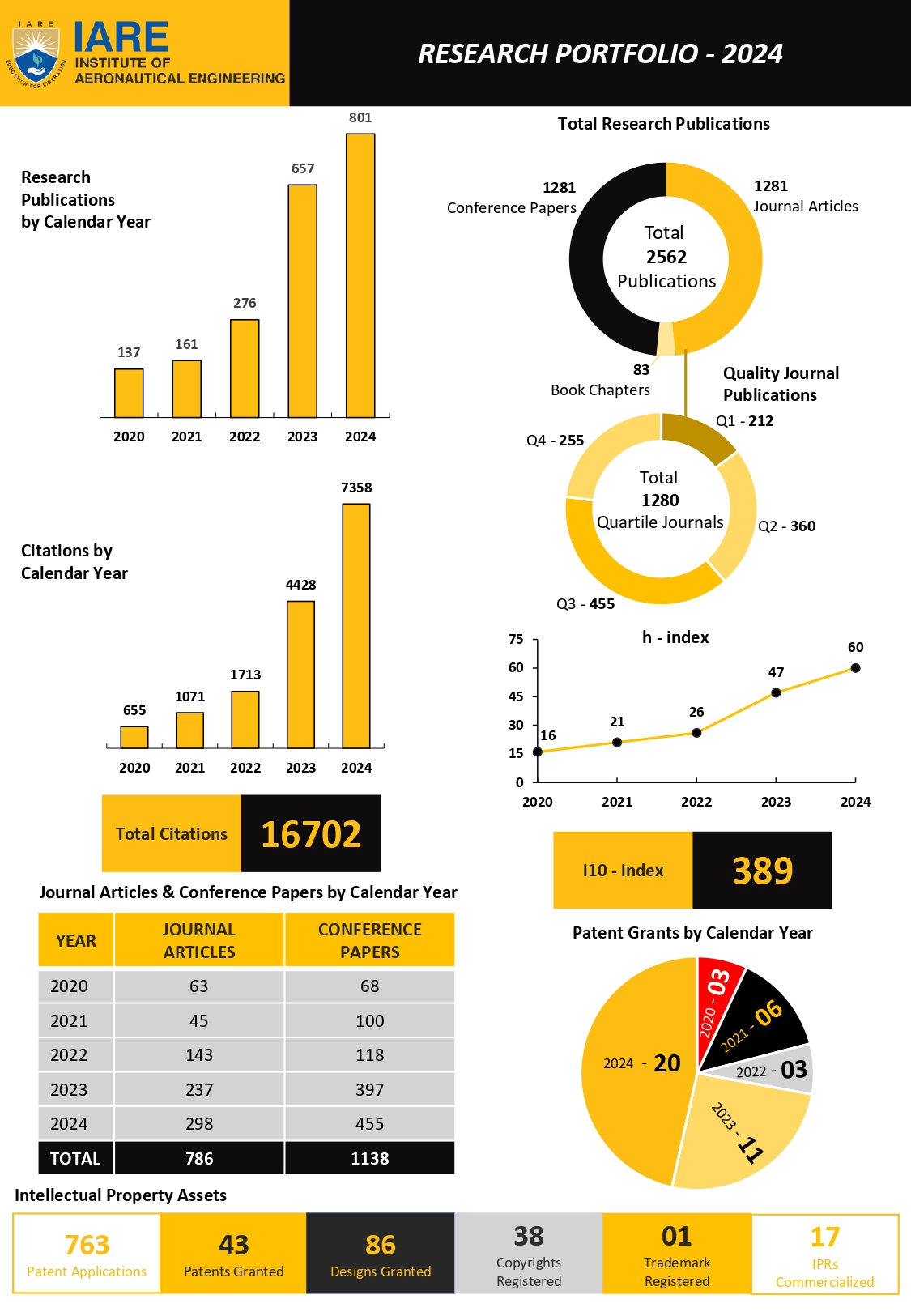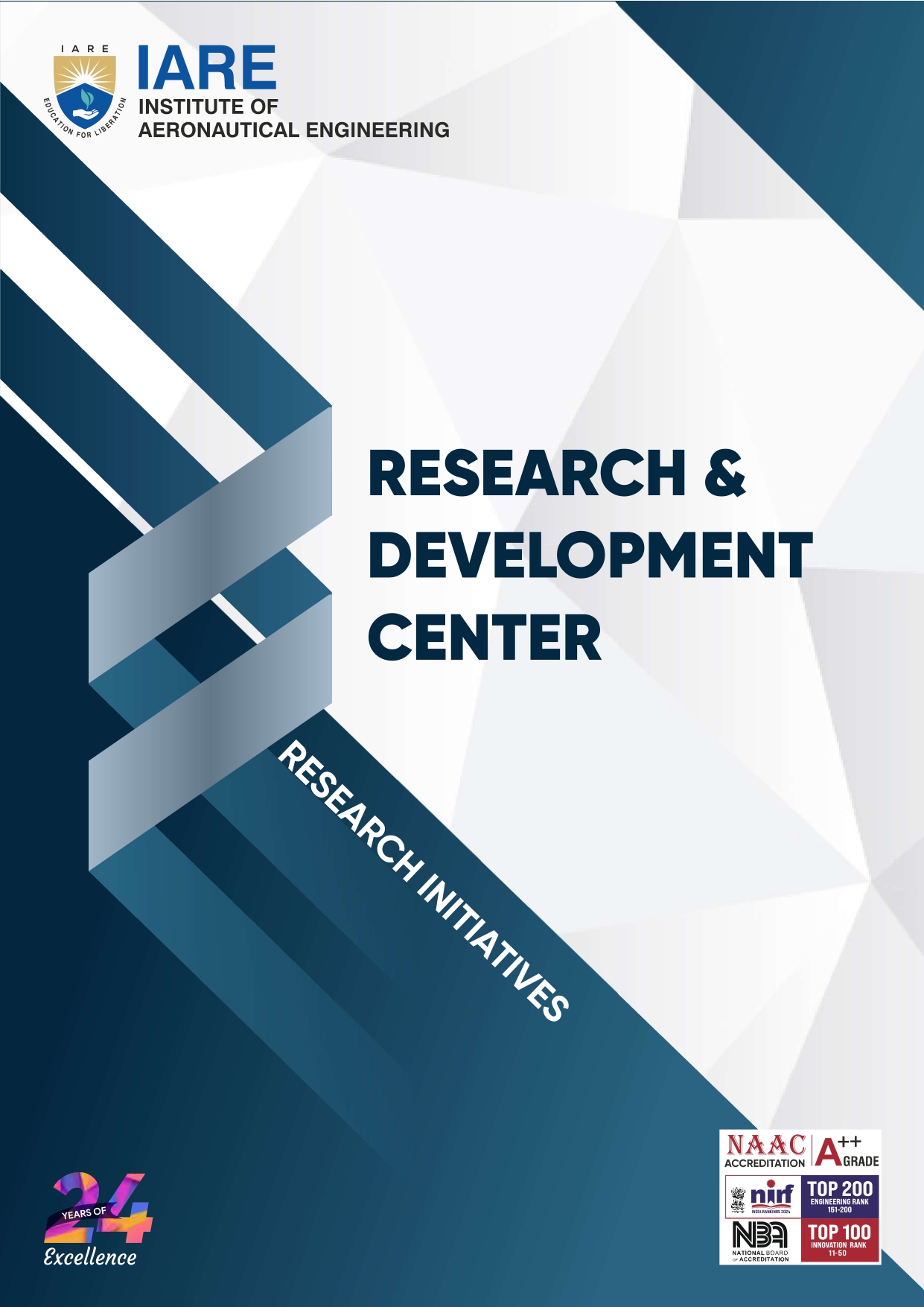Artificial Intelligence Experience Center (AIEC)
About
Artificial Intelligence Experience Centre (AIEC) is established in IARE in 2019. Artificial Intelligence (AI) research at the IARE is comprised of a multidisciplinary group of researchers conducting theoretical, experimental, and applied investigations of intelligent systems. Current projects include research in cognitive architectures, distributed systems of multiple agents, machine learning, data mining, computer vision, natural language processing, robotics, computational healthcare, human computing, and computational social science, and others.
Research in the AIEC tends to be highly interdisciplinary, building on ideas from computer science, linguistics, psychology, statistics, and philosophy. This collaborative environment, coupled with our diverse perspectives, leads to a valuable interchange of ideas within and across research groups.
AIES accommodates the in-house infrastructure with Graphic Processing Units (GPU) driven High Performance Compute (HPC). The main objective of this lab is providing solutions in artificial intelligence (AI), deep learning (DL) and machine learning (ML), Augmented / Virtual Reality(AR/VR) through High Performance Computing (HPC) requirements across domains on NVIDIA GPU Computing. This is useful for applications of research areas namely, Computer vision, Natural Language Processing and Virtual Reality.
The primary functions of the research centre are to
- Provide excellent research culture and infrastructure.
- Serve as a platform for strong interdisciplinary collaborations and knowledge sharing.
- Supports Experiential learning.
- Publish papers in high quality journals of international repute.
- Create quality human resources for scientific research.
- Promote industrial collaborations involving active and mutually beneficial R & D projects.
- Understanding of technology transfer processes and practices that lead to successful commercialization
Key features of the space include:
Artificial Intelligence and Machine Learning – the students are facilitated to develop data centric solutions for model management and deployment on real time data in completing their mini/major projects.
Networking and Cyber Security Technologies – the students are able to understand the security on network with in organization and identification of security vulnerabilities. This helps to know about how to protect themselves, organization and information.
Internet of Things(IoT) – the students are able to demonstrate the smart applications by experiencing with various protocols and IoT architectures.
Major Focus on
COMPUTATIONAL HEALTHCARE & ASSISTIVE TECHNOLOGIES
The recent increase in the availability of clinically relevant datasets provides unique opportunities for improving patient care. Such data arise from diverse sources including, individual patient health records, genomic data, data from wearable sensors, clinical notes, and medical imaging. IARE research in this area encompasses computational methods from machine learning, computer vision, and natural language processing, and spans the entire learning pipeline from problem formulation, to model learning and output.
AI IN HUMAN ENVIRONMENTS
AIEC is focusing on innovating technologies that improve how AI systems act with and among people. As examples: driverless vehicles that encounter people (as drivers, pedestrians, etc.) need to anticipate, and sometimes influence their behaviors. A robotic healthcare assistant needs to communicate and learn about a human’s evolving needs. Example: human-robot interaction (HRI), human behavior recognition, and safety and ethics in AI.
COMPUTER VISION
AIEC research goals include: 1) the semantic understanding of materials, objects, and actions within a scene; 2) modeling the spatial organization and layout of the scene and its behavior in time. The area of research enable the design of algorithms that can perform real-world visual tasks such as autonomous navigation, visual surveillance, or content-based image and video indexing.
NATURAL LANGUAGE PROCESSING
AIEC @ Natural language processing research including word representations, text similarity, information extraction, text summarization, question answering, and applications of these methods to a variety of domain problems. These techniques range from semantic analysis and parsing to semi-supervised learning and graph-based methods. Current projects include the automatic identification of similarity relations in text, the development of conversational systems (Chatbots), the extraction of entity relations from text, the automatic detection of deception in text, the identification of attitude and sentiment in online social network discussions.
Equipment / Software
| S No |
Description |
Quantity |
| 1 |
Unity Education Software |
60 Users |
| 2 |
VR Head Set PC Version |
1 |
| 3 |
Standalone VR Head Set (64GB) |
1 |
| 4 |
AR Head Set |
1 |
Contact
Dr. M Nagaraju
Professor of Artificial Intelligence and Machine Learning
Email: m.nagaraju@iare.ac.in
Phone: 9441168122


